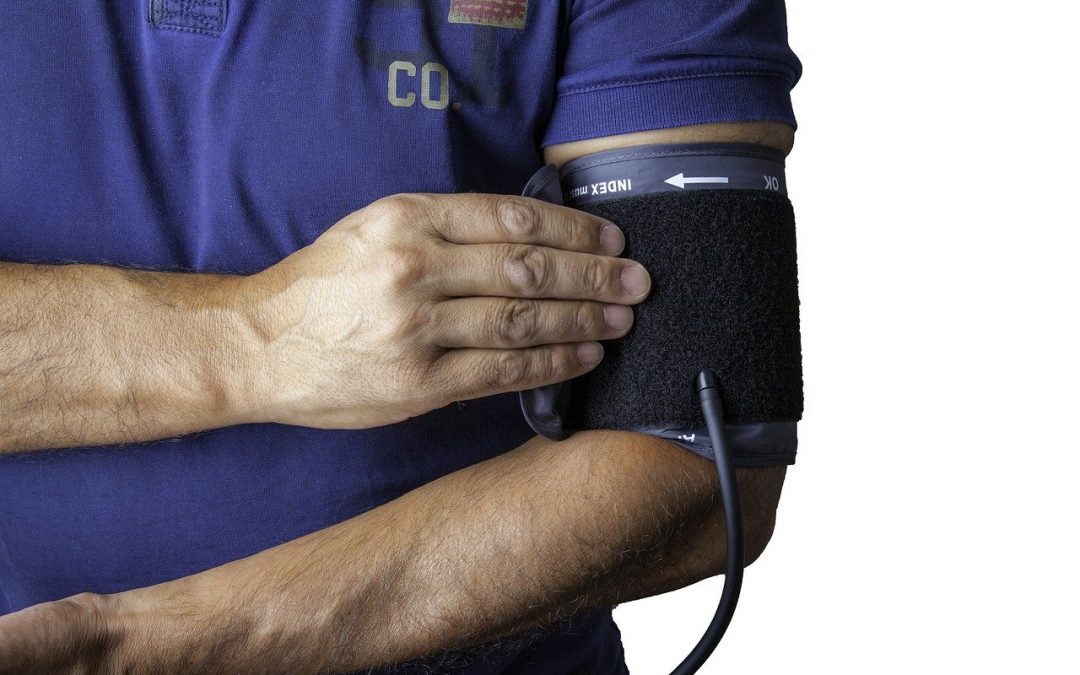Building a Long-Term Plan for a Healthy Heart
Building a Long-Term Plan for a Healthy Heart is important. Maintaining a healthy heart is one of the most essential steps you can take to protect your long-term well-being. Because heart-related conditions often develop slowly over time, planning and making intentional lifestyle choices can strengthen your heart, improve overall health, and reduce preventable risks. Fortunately, creating a long-term heart health plan is possible for anyone when the right habits and routines become part of daily life. This guide explores the steps that build a strong cardiovascular foundation—supported by smart eating habits, better lifestyle choices, stress management, and routine care. If you ever need expert guidance on health insurance, life insurance, or supplemental coverage, feel free to call Vivna at 888-730-6001.
Improving Your Eating Habits for Heart Health
Your long-term heart health begins with the food you consume every day. Because diet has a direct impact on blood pressure, blood sugar, cholesterol levels, and inflammation, even small changes can create powerful long-term improvements. When you consistently choose healthier foods, you lower your risk of heart disease while naturally supporting healthy weight management. Additionally, balanced eating habits help maintain energy levels, reduce cravings, and improve digestion.
Reduce Salt Intake for Building a Long-Term Plan for a Healthy Heart
Too much salt increases the likelihood of high blood pressure, one of the biggest contributors to heart disease. The best approach is to avoid adding extra salt at the table and use minimal amounts while cooking. Because packaged foods often contain large amounts of sodium, checking labels becomes essential. Selecting items with lower salt content helps protect your heart and reduces unnecessary strain on your arteries.
Cut Back on Excess Sugar for Building a Long-Term Plan for a Healthy Heart
High sugar intake contributes to weight gain, increased blood pressure, and elevated triglycerides—all of which place long-term stress on the heart. Choosing fewer sugary snacks, sweetened beverages, and heavily processed foods can significantly reduce your risk of heart issues. As you adjust, your taste buds begin to prefer naturally sweet alternatives such as fruit.
Limit Saturated Fats for Building a Long-Term Plan for a Healthy Heart
Saturated fats raise cholesterol levels, which can clog arteries and increase the risk of heart problems. Instead of selecting foods like pastries, fatty meats, or full-fat dairy, choose leaner alternatives. Additionally, consider grilling or steaming your meals instead of frying them. These changes improve heart health without sacrificing enjoyable meals.
Increase Potassium and Nutrient-Rich Foods
Adding potassium-rich foods helps lower blood pressure naturally. Fruits and vegetables also provide fiber, antioxidants, and essential nutrients that support heart strength. Citrus fruits, sweet potatoes, leafy greens, beans, and pulses contribute to healthier cholesterol levels and better digestive health. Small daily servings make a meaningful difference over time.
Incorporate More Omega-3 Fatty Acids
Omega-3 fatty acids promote heart health by lowering cholesterol and reducing inflammation. Fish such as salmon, sardines, and mackerel provide excellent sources. For plant-based options, foods like flaxseed, walnuts, spinach, and canola oil offer similar benefits.
Make Better Lifestyle Choices to Protect Your Heart
Your daily habits shape your long-term cardiovascular health. Simple lifestyle adjustments—especially when combined with better nutrition—help reduce risk factors and support optimal heart performance. When practiced consistently, these changes create lasting improvements in energy, emotional balance, and overall quality of life.
Quit Smoking
Smoking damages the lining of your arteries, reduces oxygen flow, and increases blood pressure. These combined effects drastically raise the likelihood of cardiovascular disease. Quitting smoking improves circulation, lung function, and heart performance while dramatically reducing the risk of future complications.
Limit Alcohol Consumption
Excess alcohol intake contributes to high blood pressure, irregular heart rhythms, and weakened heart muscles. Drinking in moderation or eliminating alcohol supports long-term heart stability. Because alcohol also adds unnecessary calories, cutting back helps support weight management.
Increase Your Activity Level
Physical activity plays a crucial role in strengthening your heart. Aiming for at least 30 minutes of walking or movement each day helps improve circulation, reduce stress, and support healthy weight goals. Breaking this into smaller segments throughout the day makes it easier to maintain consistency, especially for people with busy schedules.
Practice Mindfulness and Stress Management
Stress increases the likelihood of developing unhealthy habits, disrupts sleep, and contributes to high blood pressure. Learning mindfulness techniques, breathing exercises, or relaxation strategies helps protect your heart. Because chronic stress affects both emotional and physical health, reducing stress becomes an essential part of your long-term heart plan.
Prioritize Quality Sleep
Poor sleep can elevate blood pressure and increase the risk of heart attack and stroke. Maintaining a consistent sleep schedule helps regulate bodily functions and supports heart health. Creating a relaxing bedtime routine and limiting late-night screen time can improve your sleep quality dramatically.
Schedule Regular Medical Checks
Routine check-ups allow healthcare providers to detect early signs of heart issues. Regular blood pressure readings, cholesterol tests, and overall wellness evaluations help catch concerns before they become serious. By being proactive, you protect your long-term heart health and overall stability.
FAQ — Building a Long-Term Plan for a Healthy Heart
What is the most important step in building a Long-Term Plan for a Healthy Heart?
Consistent lifestyle changes—such as balanced eating, daily movement, and stress reduction—create the strongest foundation for heart health. When practiced together, these habits significantly reduce long-term risk.
How does diet affect heart health?
Diet influences blood pressure, cholesterol, and weight. Nutrient-rich foods help maintain a healthy cardiovascular system, while salt, sugar, and saturated fats increase the risk of heart conditions.
How much physical activity do I need for building a Long-Term Plan for a Healthy Heart?
A minimum of 30 minutes of moderate movement each day helps strengthen your heart and improve circulation. Walking, swimming, or cycling all contribute to long-term heart health.
Does stress really impact heart health?
Yes. Stress elevates cortisol, increases blood pressure, and may lead to harmful habits that affect heart performance. Mindfulness and relaxation techniques reduce these risks.
How often should I schedule medical check-ups?
Annual wellness exams help detect early warning signs, especially for people with family histories of heart conditions. Some individuals may benefit from more frequent testing based on their health needs.
Contact Us
If you’re exploring health insurance, life insurance, or supplemental insurance, our licensed agents are here to help you compare the best options for long-term protection.
Call 888-730-6001 or visit our Contact Us page for personalized assistance.
Get a Free Quote

